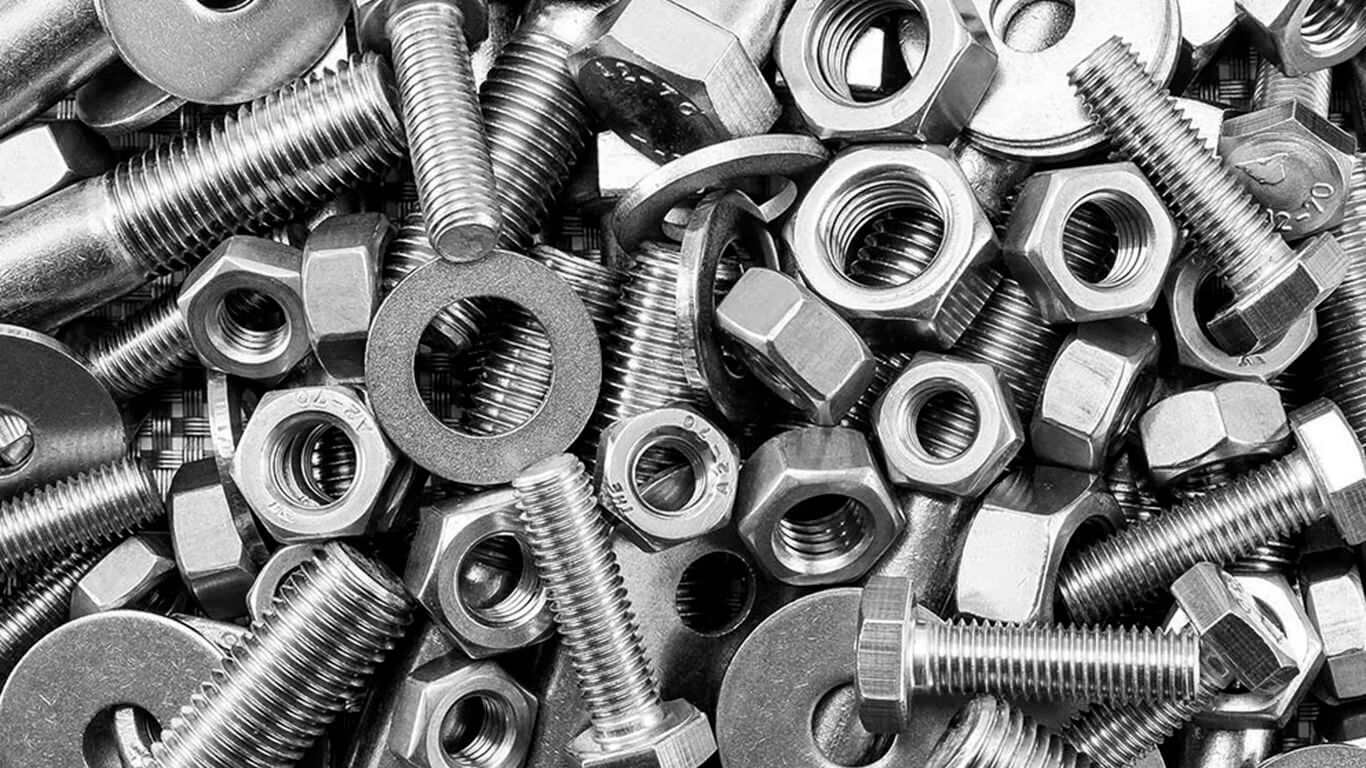
Alloy steel
Iran’s alloy steel export is a significant part of its broader steel industry, which plays a crucial role in the country’s economy. Here are some key points about Iran’s alloy steel export:
Overview of the Industry
- Major Producers: Iran Alloy Steel Company (IASCO) is a leading producer of alloy steels in Iran. The company manufactures a wide range of alloy and special steels used in various industries including automotive, oil and gas, and machinery.
- Production Capacity: Iran’s alloy steel industry has seen substantial growth in production capacity over recent years. This increase is due to investments in new technologies and the expansion of existing facilities.
Export Markets
Main Destinations: Iran exports alloy steel to various countries around the world. Key markets include countries in the Middle East, Europe, and Asia. Some of the primary destinations are Turkey, Iraq, Afghanistan, and some European countries.
Products Exported: The export portfolio includes a variety of alloy steel products such as bars, rods, sheets, and wire rods. These products are used in a multitude of applications including construction, manufacturing, and industrial machinery.
Economic Impact
Revenue Generation: Alloy steel exports contribute significantly to Iran’s non-oil revenue. The income from steel exports helps in balancing trade deficits and supports the country’s economic stability.
Job Creation: The steel industry, including the alloy steel segment, is a major employer in Iran. It provides jobs not only in the production facilities but also in related sectors such as mining, transportation, and logistics.
Challenges and Opportunities
Sanctions: International sanctions have posed challenges to Iran’s alloy steel exports by restricting access to certain markets and complicating financial transactions. However, the industry has shown resilience by finding alternative markets and developing domestic capabilities.
Technological Advancements: Continuous investment in modernizing production facilities and adopting advanced technologies has enabled the Iranian alloy steel industry to enhance the quality of its products and meet international standards.
Market Diversification: Efforts are ongoing to diversify export markets and reduce dependency on a few countries. This includes exploring new regions and entering into strategic trade partnerships.
Future Prospects
Expansion Plans: There are plans to further increase production capacity and improve the quality of alloy steel products. This includes both expansions of existing plants and the establishment of new production facilities.
Sustainability Efforts: The industry is also focusing on sustainability and environmental protection, aiming to reduce the carbon footprint of steel production and comply with global environmental standards.
In summary, Iran’s alloy steel export is a vital component of its industrial output, contributing significantly to the national economy. Despite facing challenges like international sanctions, the industry continues to thrive by improving production capabilities, diversifying markets, and adhering to global standards.
Choosing to buy alloy steel from Iran can offer several advantages, depending on your specific needs and circumstances. Here are some compelling reasons why you might consider sourcing alloy steel from Iran:
1. Competitive Pricing
- Cost Advantage: Iran’s alloy steel industry often offers competitive pricing compared to other countries. This is due to lower production costs, including labor and energy expenses, which can result in significant cost savings for buyers.
2. High-Quality Products
- Advanced Manufacturing: Iranian manufacturers, such as the Iran Alloy Steel Company (IASCO), utilize modern technologies and adhere to international standards, ensuring the production of high-quality alloy steels suitable for various applications.
3. Diverse Product Range
- Variety of Alloys: Iran produces a wide range of alloy steel products, including bars, rods, sheets, and wire rods, which are used in various industries such as automotive, construction, machinery, and oil and gas. This diversity can meet different industrial requirements.
4. Geographical Advantage
- Proximity to Key Markets: Iran’s geographical location offers logistical advantages for buyers in the Middle East, Europe, and Asia. Shorter shipping distances can lead to reduced transportation costs and faster delivery times.
5. Trade Agreements and Partnerships
- Regional Trade Benefits: Iran has trade agreements with several neighboring countries, which can facilitate easier and more favorable trade conditions, potentially benefiting buyers in those regions through reduced tariffs and smoother customs procedures.
6. Reliability and Capacity
- Steady Supply: Iran’s alloy steel industry has a substantial production capacity and has shown resilience even under challenging conditions, ensuring a reliable supply of materials for international buyers.
7. Sustainability and Environmental Compliance
- Eco-Friendly Initiatives: Many Iranian steel producers are increasingly focusing on sustainable practices and reducing their environmental impact. Buyers looking for environmentally responsible suppliers may find Iranian companies aligning with their sustainability goals.
8. Economic Considerations
- Supporting Developing Economies: By purchasing alloy steel from Iran, buyers can contribute to the economic development of a developing economy, fostering international trade relationships and economic stability in the region.
9. Innovation and Development
- Continuous Improvement: The Iranian steel industry is continuously investing in research and development to improve the quality and performance of their alloy steels. This commitment to innovation can provide buyers with cutting-edge materials.
10. Custom Solutions
- Tailored Products: Iranian manufacturers often offer flexibility in production, allowing for custom alloy compositions and product specifications tailored to the unique needs of buyers.
Considerations
While there are many advantages, potential buyers should also consider:
- Sanctions and Regulations: Be aware of any international sanctions and trade regulations that might affect transactions with Iranian companies.
- Logistics and Shipping: Evaluate the logistics and shipping arrangements to ensure timely and cost-effective delivery.
In summary, purchasing alloy steel from Iran can be a strategic decision due to competitive pricing, high-quality products, diverse offerings, and logistical advantages. However, it is essential to carefully consider legal, logistical, and market-specific factors before making a decision.

